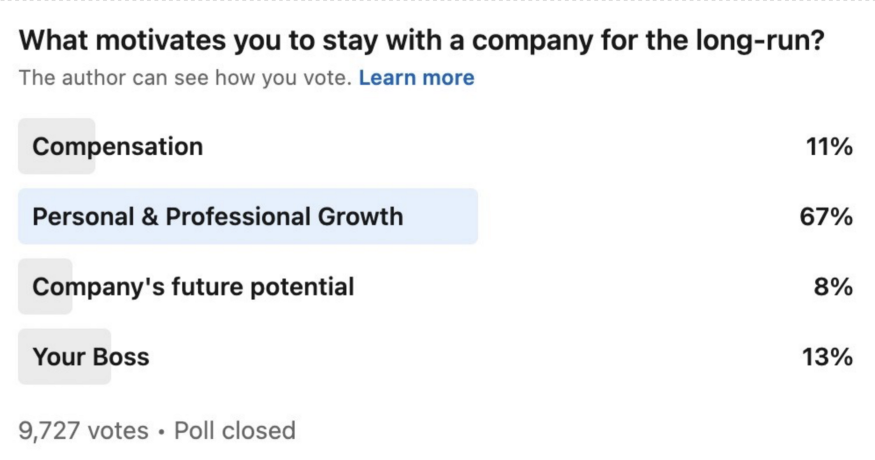“The first rule of compounding is to not interrupt it unnecessarily.”
– Charlie Munger
We have all learned the principles of compound interest early in school. A story I often read to my kids, One Grain of Rice, perfectly explains it. It tells the story of a greedy King who doesn’t share rice from his vast granary during a famine.
It is an Indian folktale about a clever young girl who outsmarts the greedy king through her knowledge of the power of compounding. She does a good deed, and comes to the notice of the Raja who offers her a reward. All she asks for is one grain of rice, doubled each day for 30 days. The Raja takes her for a simpleton and readily agrees to the request. At the end of 30 days, he realizes that his granary is almost emptied! The girl managed to get more than enough rice to feed the entire country!
What is one grain of rice, doubled every day? For the math geeks, this is approximately 69,500Kgs of rice! (See picture below)

Image source: One Grain of Rice by Demi
While we understand the power of compounding mathematically and financially, we rarely contemplate the value of choices to create a compounding career and compounding relationships.
In the last 35 years of my professional career, I have worked on average about five years at each company, and now at Kalaari for the last 15 years! I always felt right about investing time to deepen my learning and prove my impact as a path to growing myself. It allowed me to seek opportunities, create depth and breadth in various roles, and build deep relationships that have compounded my growth.
Today, employee cycle times have shortened. The average tenure for a tech employee is just three years or less. Instances of people building a career in one field, or one company, are becoming a rarity. However, career compounding is a fact, and more thought on mapping long-term goals and aspirations into career planning is worth consideration.
Some of the most successful business leaders today — Satya Nadella at Microsoft, Sunder Pichai at Google, Shantanu Narayen at Adobe, and many more — all played the long game and reaped the benefits of compounding.
Look closer to home. Leaders such as Deepinder Goyal at Zomato, Naveen Tewari at InMobi, Kalyan Krishnamurthy at Flipkart, Vijay Shekhar Sharma at PayTM, and several others — all persevered through the ups and downs of any business and played a pivotal role in building enduring enterprises. Although there may be many good reasons to switch jobs, the art of sticking around is often under-appreciated.
I recently conducted a poll on what motivates people to stay with a company for the long run and received some interesting insights.

67% of respondents chose Personal & Professional Growth as their main reason. While several others also highlighted compensation and the importance of having the ‘right boss’ as crucial, culture was highlighted as a key criterion as well. This overwhelming response should be a clarion call for HR heads and managers on retention programs.
Employees valued gaining greater responsibility, driving more initiatives within their company, leading to greater growth
Some reasons to stick around and play the long game:
Power of Compounding: Albert Einstein once referred to compounding as the “eighth wonder of the world.” This is true whether it’s in work, relationships, or your own personal growth.
In the world of investing, you can either be a day trader or a long-term investor. Both require very different mindsets to succeed, and the same principles often apply to our professional lives.
Choose what to optimize for — whether it’s your current salary v/s future salary or current position v/s future position. Recognize that optimizing for the future is all about learning continuously, making incremental improvements, working on challenging projects, and proving you can deal with adversity while sticking around and letting the power of compounding do its magic.
Cultivating Long-Term Relationships: We’ve often heard the phrase — “Your network is your net worth.” Sticking around lets you double down on the trust and relationship you’ve built with your peers. It allows you to form genuine, high-quality relationships that are not just transactional.
In the long run, people who vouch for you matter. Your reputation matters. Your authenticity and the relationships you cultivate will help you realize the goals and vision you set out for yourself.
Building resilience: Jeff Bezos once said, “If we think long term, we can accomplish things that we couldn’t otherwise accomplish.” A long-term mindset helps you build the resilience to tackle short-term setbacks. It provides perspective, allows you to see what matters in the long run, and improves your decision-making framework.
While you think about playing the long game, it’s also important to consider the following:
- Are you working with the right people?
- Do you have clarity on your key goals?
- Are you getting opportunities to learn and grow?
Longevity and perseverance rewards in the long run. Always make thoughtful decisions that align with the path of your long-term objectives.








